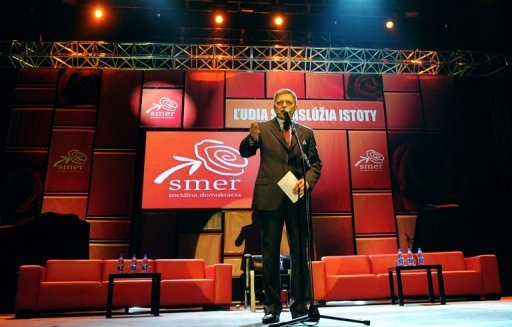
Four Myths about Orbán’s Hungary
Even though Hungarians vote this Sunday, April 8th, this piece is not on the Hungarian parliamentary elections per se. Whilst the initial idea was to write a short summary of the state of the opposition to prime minister Viktor Orbán, I had to quickly realize that the average Western news consumer hardly knew anything about Hungary. Hence presupposing very little knowledge about the ins and outs of Hungarian politics, I will try to challenge some of the assumptions and myths extolled in recent news articles on the Hungarian elections by giving you some additional, contextual information. Myth #1: Hungary is an outright illiberal state Despite their thoroughly liberal roots, Fidesz – the larger party in the current government coalition in …

Slovakia’s election: another majority government from a proportional electoral system
On Saturday 10th March 2012, Slovakia joined the small but growing club of European countries that elected a majority government despite using a proportional representation system. The centre-left Smer party, led by Robert Fico, won 86 out of 150 seats with 44.9% of the vote. Although it was predicted that Smer would win the election, even Fico himself was surprised by the scale of the result. Since the eurozone crisis started to bite, strong anti-incumbency sentiments have regularly produced extreme results. In Hungary, Fidesz won more than a two-thirds majority in parliament in 2010 with 68% of the popular vote. In Scotland, a proportional electoral system unexpectedly produced a majority government in 2011, when the Scottish Nationalist Party (SNP) won 69 out of 129 seats with 45% of …









